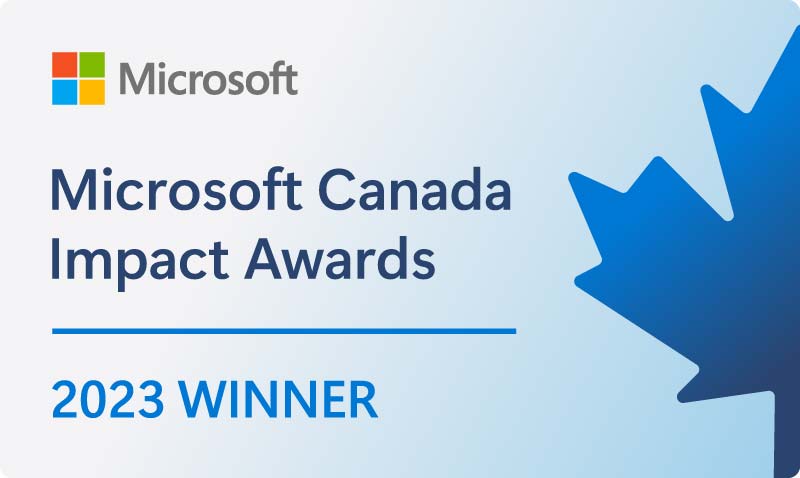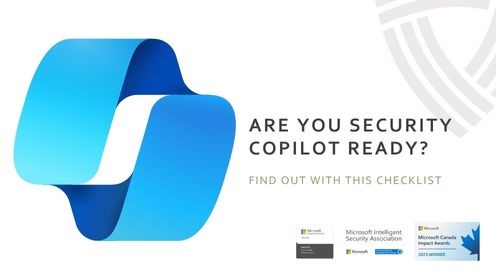
What is Penetration Testing?
A penetration test is an assimilated hack conducted by highly qualified cybersecurity experts. It is a form of ethical hacking used to identify vulnerabilities within your environment. Penetration testing, also known as pen testing, involves the attempted breach of any number of applications or security systems. Insights from a pen test can be used to fine-tune your security policies and patch detected vulnerabilities.
Why is Penetration Testing Necessary?
Some vulnerabilities are unidentifiable by software alone. Pen tests show if your tools and configurations are effective to protect your organization from today’s sophisticated cyber attackers. They help prevent attackers from taking over networks, installing malware, disrupting your business and potentially costing you millions of dollars.
Pen testing is mandatory for addressing regulatory and compliance standards. They also uncover effective ways to defend your organization from vulnerabilities. Key insights from pen testing include not only where your vulnerabilities are, but the amount of damage an attack of that nature can cause. When you understand these critical factors, you can successfully protect your business and monitor your critical data more effectively.
Effective Security Programs Need Regular Pen Testing
Penetration testing should be done regularly to detect recent and previously unknown vulnerabilities. Your organization’s penetration testing sequence depends on the type of testing being done and the scope of the test.
Testing should be done at a minimum every year. Internal vulnerability scanning of workstations, for standards such as the PCI DSS it is recommended to have intervals for various scan types monthly. Penetration testing should be done after deployment of new infrastructure and applications as well as after major changes to infrastructure and applications (e.g., changes to firewall rules, updating of firmware, patches and upgrades to software).
Scoping
Scoping is the most important part of a penetration test. It paves the pathway to ensure you are checking the places your attackers know you are not looking at.
Scoping is focusing on one or more areas such as physically showing up to an organization to give a USP stick to a receptionist with an excuse of, “I have a meeting with your CEO, Steve Norris and wanted to ensure the presentation was on it, can you please check for me?. If you test on a small scope such as 10 IP addresses, this is not effective because today’s cyber attackers are sophisticated. They know you are looking at and protecting the front end of your business operations. Today’s attackers will go through the back end of operations where they know you are not monitoring or protecting effectively. Putting typical boundaries on the amount of data we test leaves an organization vulnerable to cyber attackers.
“A hacker will look beyond the typical boundaries’ organizations set for penetration testing to gain access to critical information. A hacker looks at an organization three dimensionally. This is one danger an organization has when they only focus on conducting a penetration test on the front end of business operations. For a penetration test to be fully effective, an organization should also be testing their back end of business operations where most hackers are hacking into.
says, Manoj Arora, CEO of Difenda
How to Boost the Performance of Penetration Testing
The key to effective pen testing is thinking like a threat actor and being unfamiliar with the environment you are trying to access. Human intelligence is an important factor when it comes to security breaches and AI cannot mimic the advanced capabilities humans have. Outsourcing your pen test increases the success of the penetration test because you utilize expert intelligence that is unfamiliar with your environment; giving you the most accurate and real-life results. Outsourcing your pen test also ensures your test is not limited to internal automated technologies.
Updated penetration testing standards and methodologies provide a viable option for companies who need to secure their systems and fix their cybersecurity vulnerabilities.
Difenda’s Penetration Testing Methodology
Every cybersecurity company will have different methodologies in their penetration testing procedures. These tests can deliver widely different results depending on which standards and methodologies they leverage.
Difenda has designed a penetration testing methodology that is aligned to the industry-leading Penetration Testing Execution Standards and OWASP Top 10 and the Mobile Application Penetration Testing Methodology.
1. Reconnaissance/intelligence gathering
- Collect security vulnerabilities to prepare for subsequent vulnerability exploitation. Learn about the organization’s structure, personnel, and assets. Identify likely scenarios for data exfiltration of sensitive data.
- Determine assets of value, discover the attack surface, and prepare a list of targets.
- Once the attack surface and targets are mapped out, a list of applicable threats and their impact on the data is enumerated for later use.
2. Threat Modeling/Map Application Content/Deconstruct Application
- Using data from the intelligence gathering phase, identify likely attack scenarios
- Analyze information gathered on specific services to determine the potential impact and probability of an identified weakness.
- Gather detailed information about the application platform.
- Identify potential attack vectors located within the application and its business logic
3. Analyze the Application/VA
- Identify any potential configuration, service, or deployment issues with external hosts.
- Identify potential weaknesses in external security controls such as firewall and detection methods.
- Research vulnerabilities identified and develop proof of concepts to determine viability for potential exploit.
- Identify weaknesses in specific applications deployed within the environment, testing client-side controls, authentication methods, session management, access controls, input-based controls, security issues related to functionality, logic flaws, and information leakage.
4. Exploitation/Post Exploitation
- Develop and execute proof of concept for vulnerabilities identified within the environment.
- Execute attack scenarios based on successful proof of concepts developed such as internal data exfiltration, or access to internal data externally.
- Conduct proof of concept of identified weaknesses and develop impact results such as the capability of an attacker to commit fraud or pose monetary loss.
5. Reporting
- Provide results on the overall security posture of all items in scope.
- Provide a risk/ranking profile of all items in scope.
- Provide prioritized recommendations and remediation strategies based on results.
Difenda’s pen testing engagements differ from other cybersecurity companies, by:
- Not only providing an understanding of what exploitation techniques were possible against a target environment but Difenda also provides detailed, risk-based reporting and recommendations on how to resolve the issue.
- Using threat modelling to customize exploitation and attack techniques that are appropriate for a specific target or application.
- Deploying a consistent methodical approach, detailing not just how exploitation was accomplished, but recommendations and assistance on how to resolve the issue.




